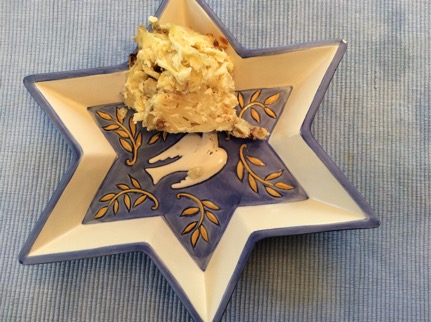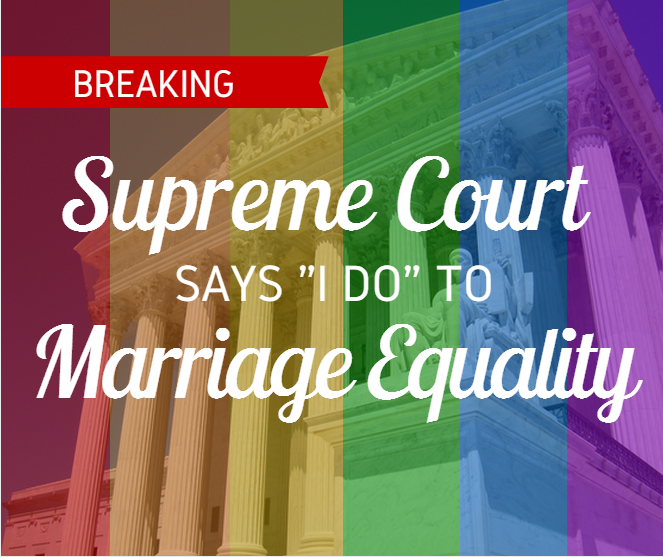Clara Gray was a Holocaust survivor from Hungary. After the war, she and her husband Emery came to America with nothing but Emery’s discharge papers and Clara’s memory of the food she cooked as a child. In America, they first lived with Clara’s sister, who had come over earlier, on a farm in the midwest. Needless to say, the ingredients available there were nothing like those Clara had used in Hungary. So, she adapted. She made traditional foods using modern (well, 1950s modern) American ingredients. When she passed down her recipe for lokshn (noodle) kugel, it included a can of crushed pineapple!

The Jewish Culture School students heard this story when they used her recipe to make a delicious lokshn kugel, each deciding which dried fuits to add to the recipe. They enjoyed cooking and eating, but more important than that (I know – more important than eating?), they learned that Jewish tradition adapts to new times, new discoveries and new places. If they had tried to make kugel using the recipes available in Budapest in 1935, they would have had no kugel at all. Modern Jewish life, like Clara’s kugel, is a blend of old and new folkways with lots of choices each individual can make about which elements to include in order to make the kugel most delicious for his or her own tastes.


